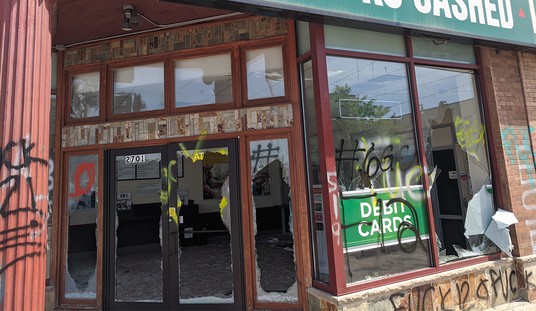As heads of state gather at the United Nations and issue calls for world peace and disarmament, it may be interesting to think back seventy years to another time when publics also thought that war could be abolished by diplomacy.
In retrospect, the collapse of Europe which led to the Second World War was probably due to factors far deeper than the mere fecklessness of Baldwin and Chamberlain; beyond the failure of the League of Nations. The West was in a deep crisis whose precise nature is still being debated, perhaps because the bacillus lingers with us still. It’s disturbing to consider the possibility that the terrible events which conventionally began with the Great War and which were confidently thought to have run their course in 1945 may be returning for a third and terrible act. But perhaps the crisis of present must be understood on its own terms; to see it as the renewal of a terrible curse is to condemn ourselves into accepting what can still be changed.
But can it be changed by words alone? Who knows. What is safe to say is that history hasn’t stopped; conflicts continue. The idea that they can be resolved through institutions which ultimately lack the power of enforcement — having given them up — is a dubious one. Once upon a time it was thought that a Security Council could oversee the world; it didn’t. And maybe it is already an anachronism. Still, lasting peace is so glittering a prize that it can be held out over and over again to justify the most far-fetched projects; and past failures will be discounted in our desire to grasp it. It’s the lottery ticket of international relations. Unlikely to pay off, but always in demand. Maybe history is a race between two adages: the idea that hope springs eternal and the sad knowledge that there’s a sucker born every minute.
[youtube cwbrg0R5o8w]
[youtube CR1ydE5OWd8]










Join the conversation as a VIP Member